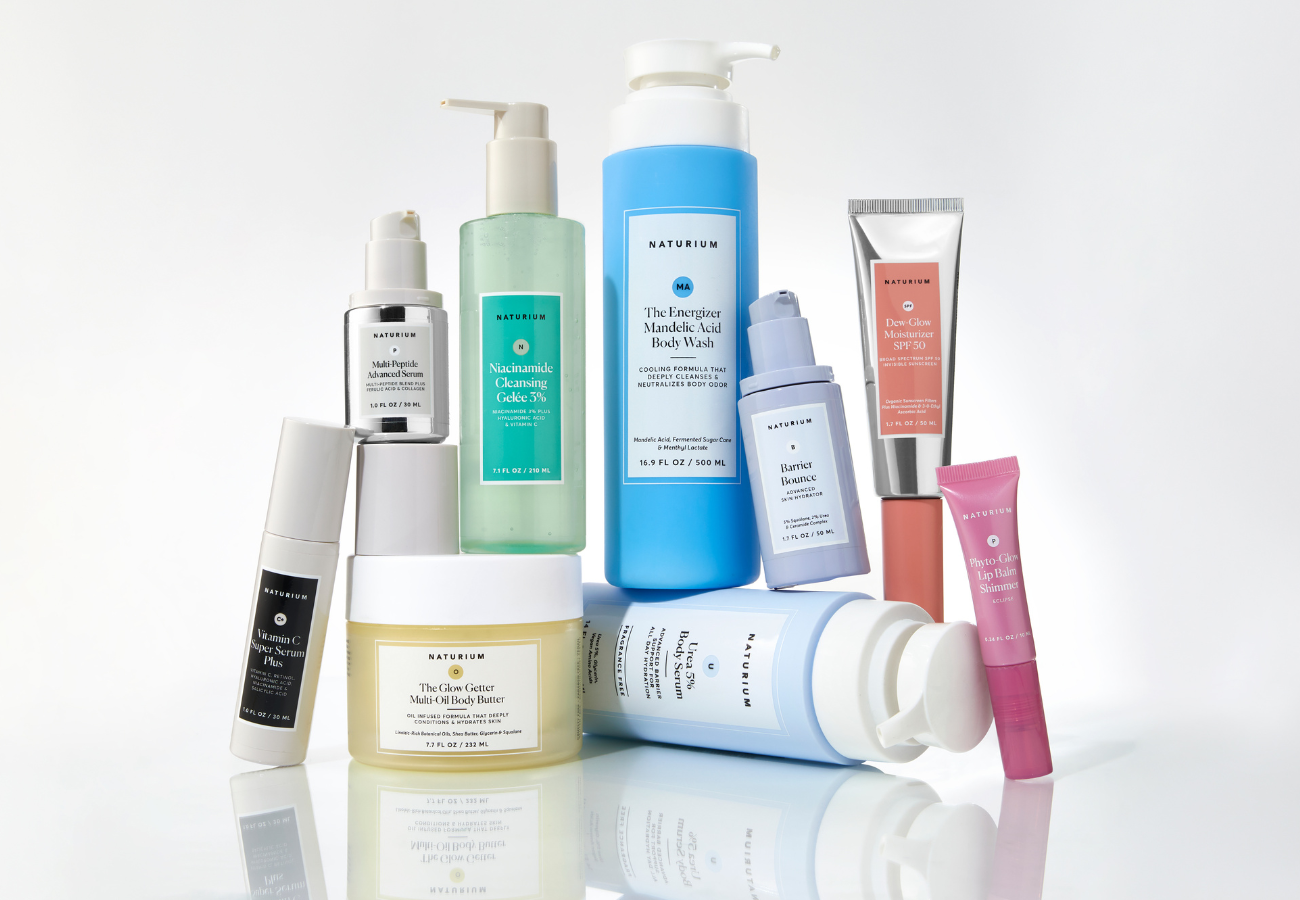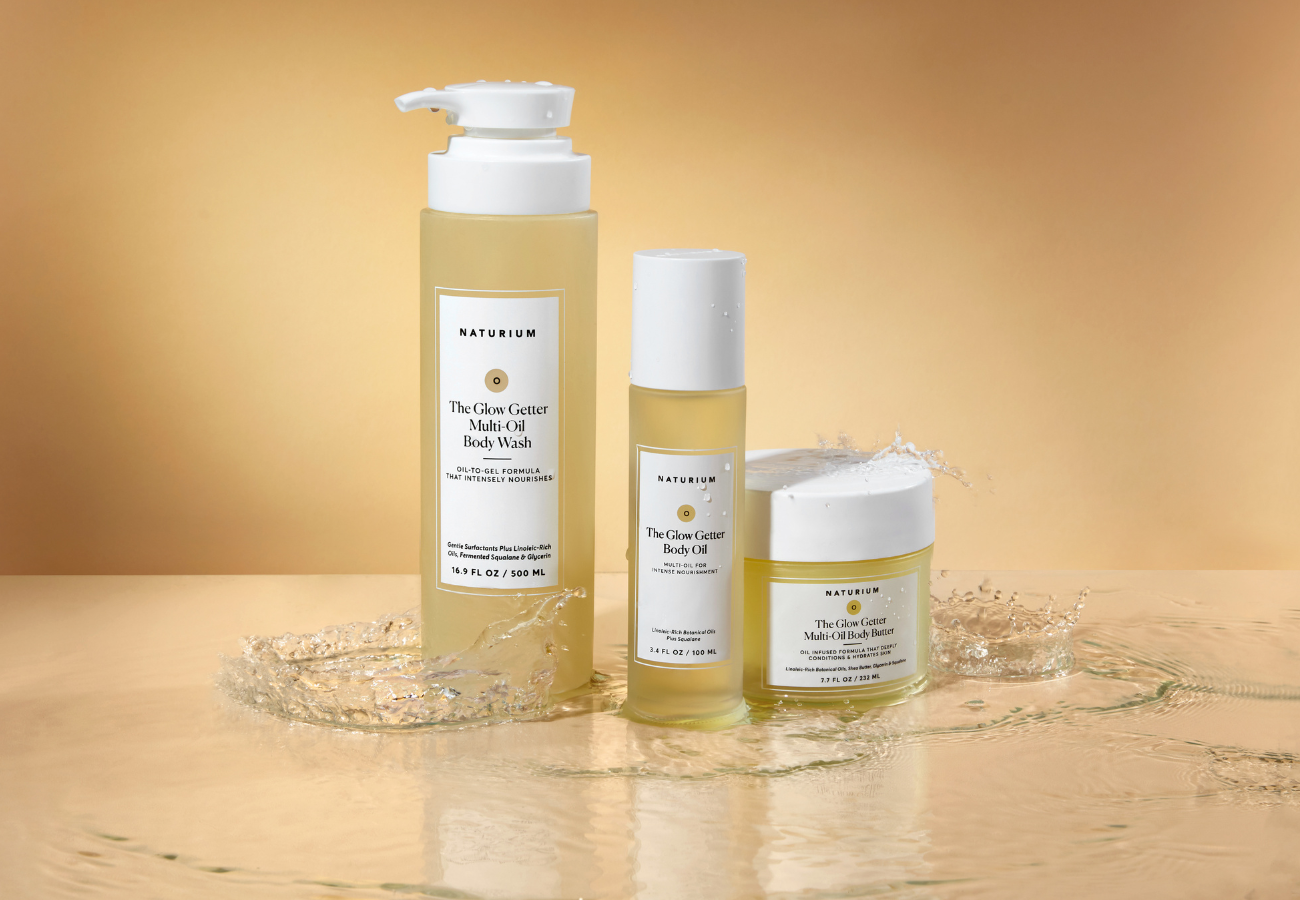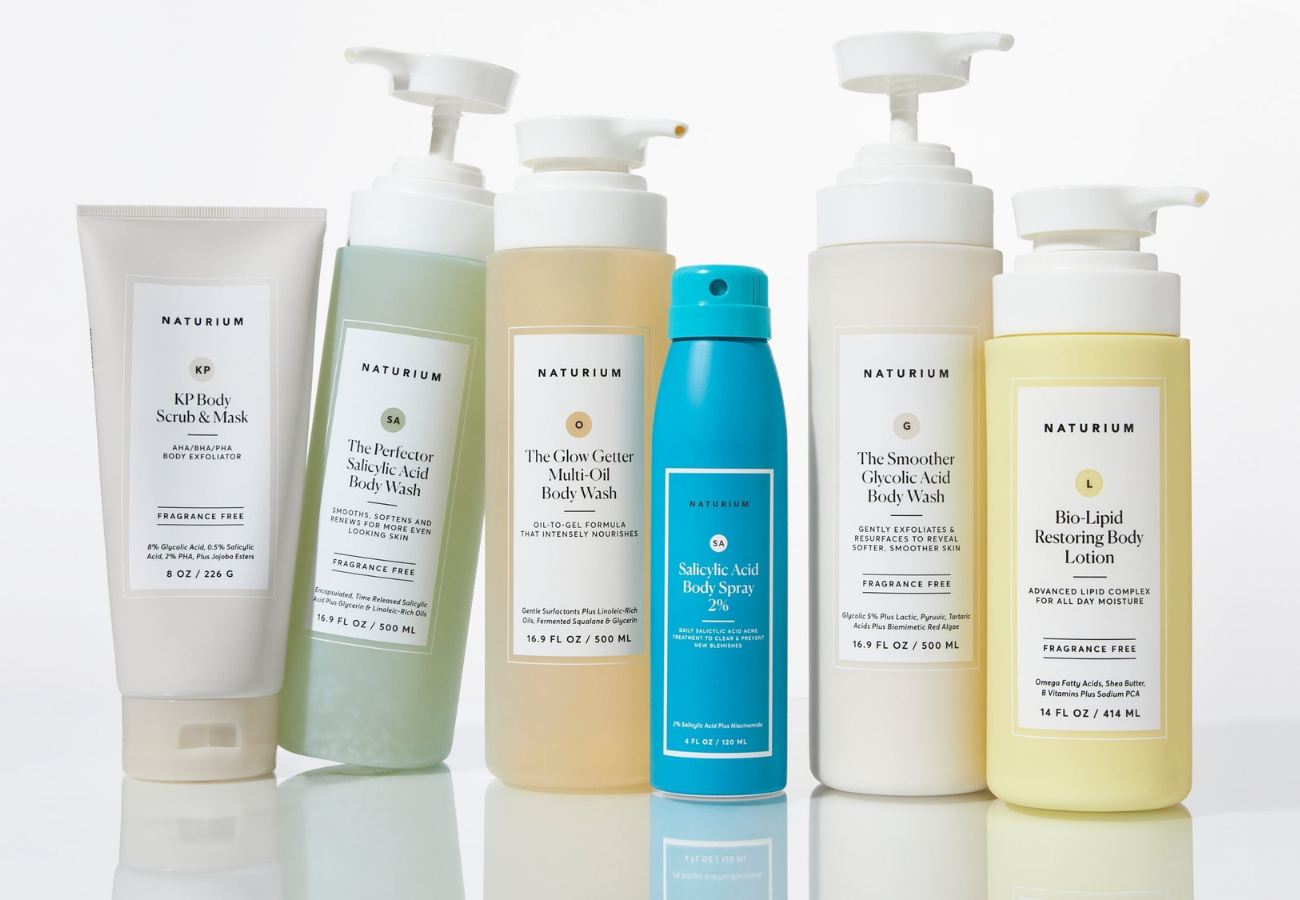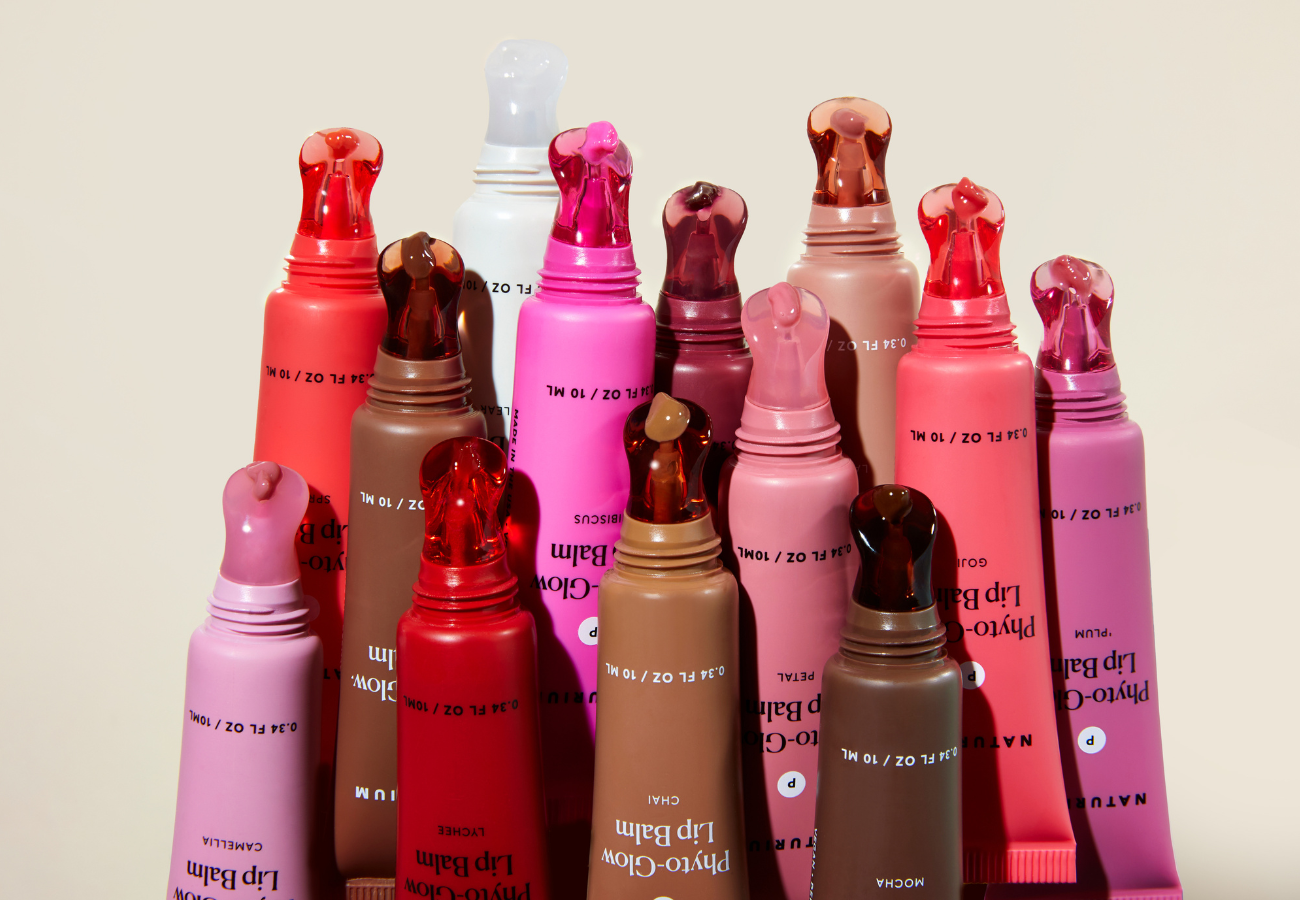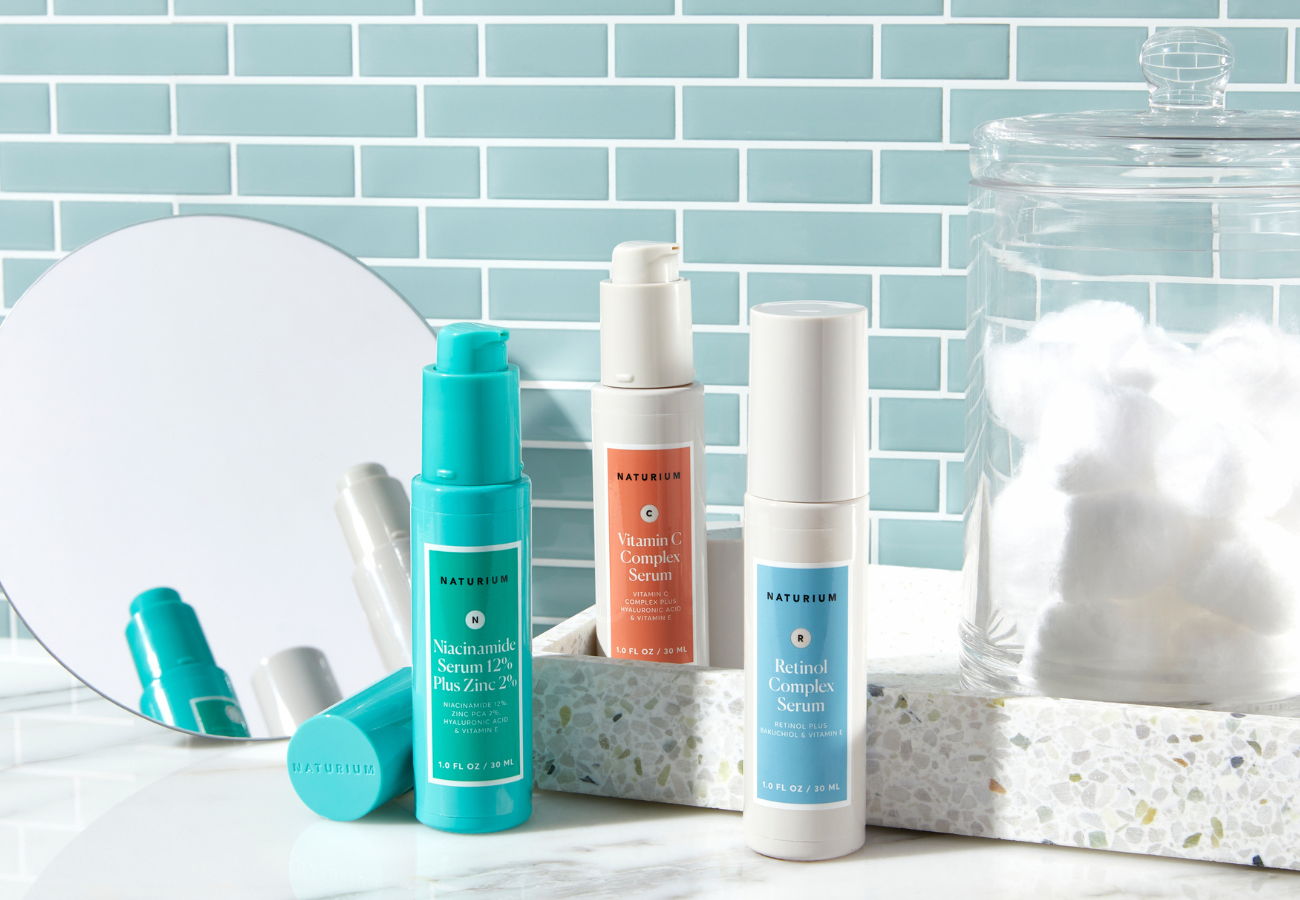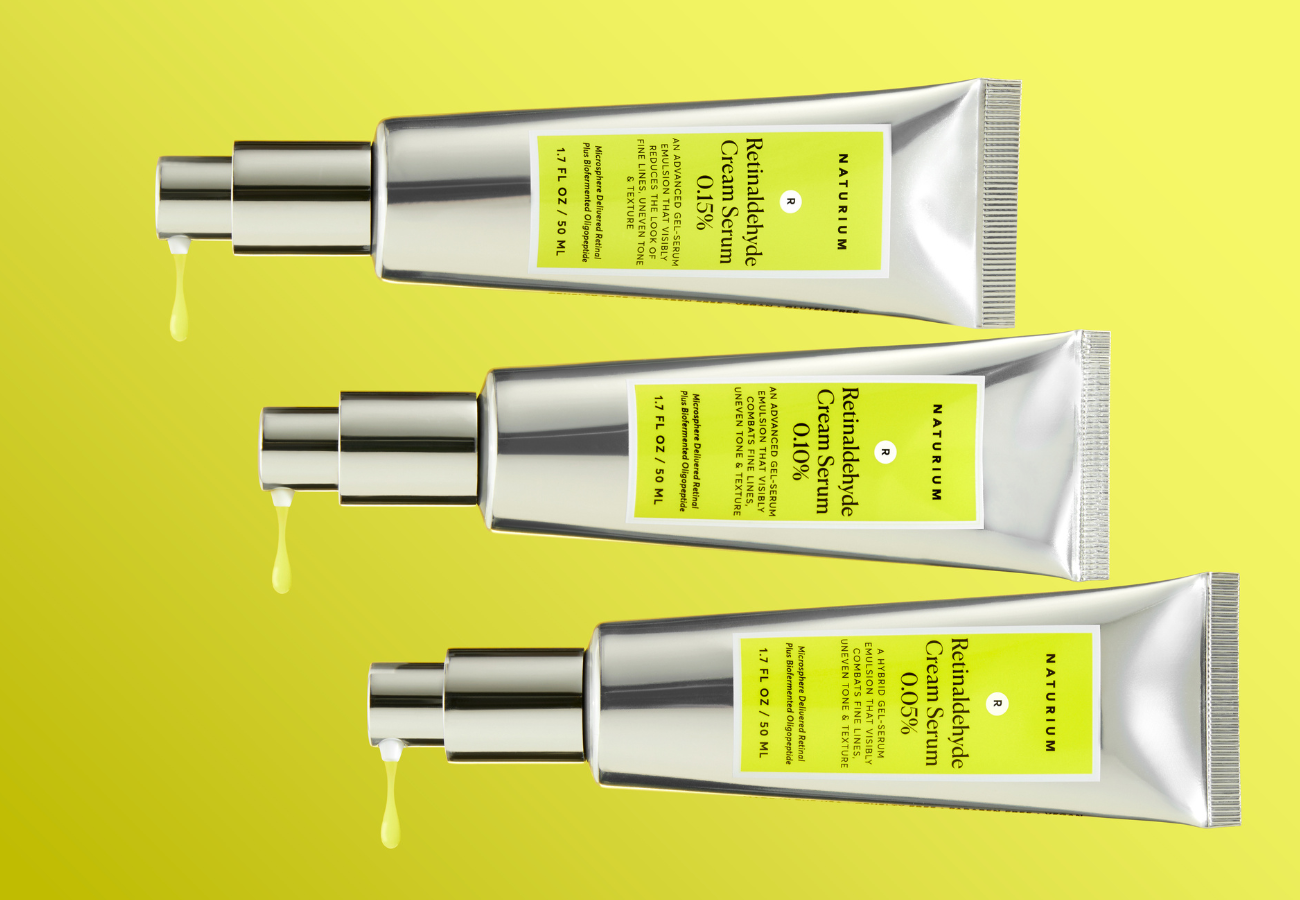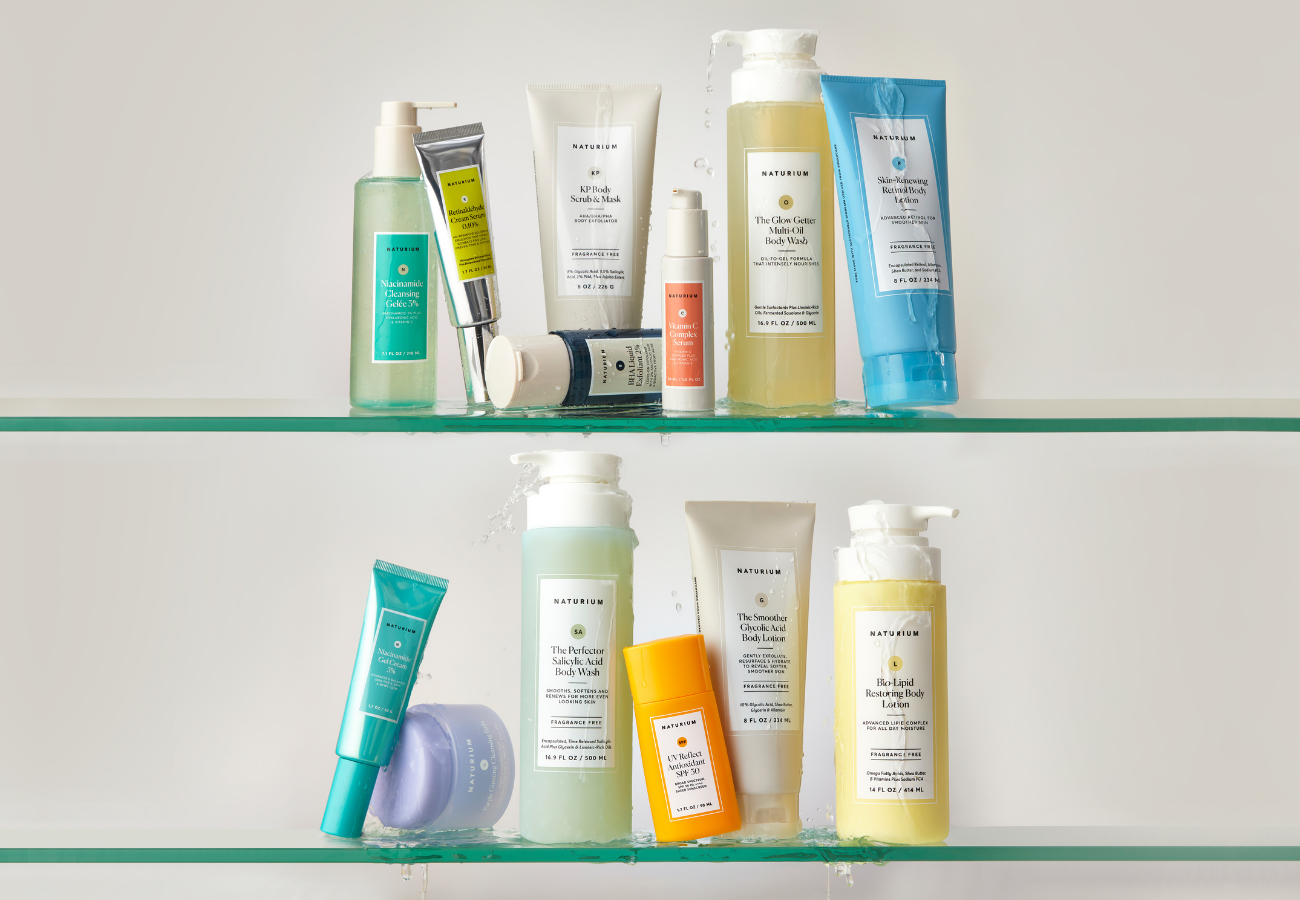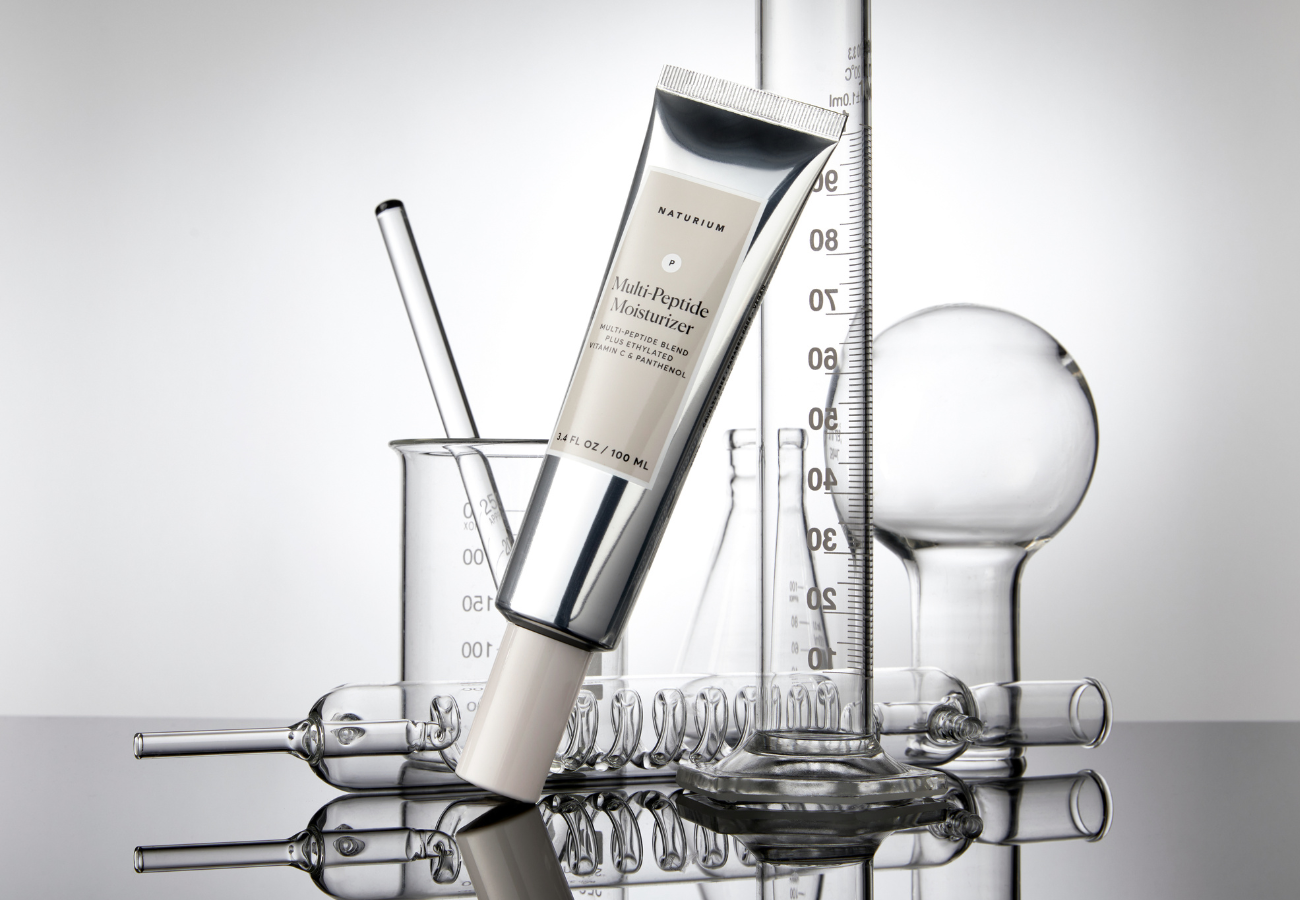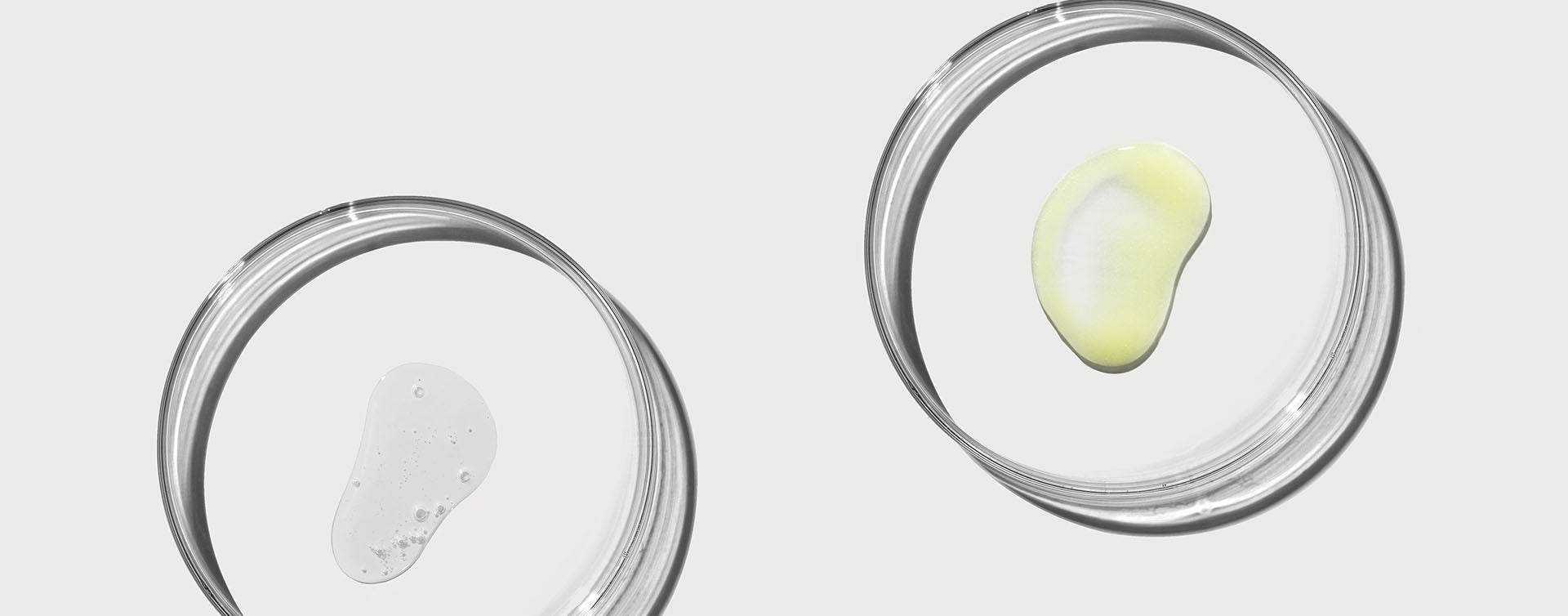Azelaic Acid Vs Vitamin C

The Science Behind It...
Overall clinical data on a specific ingredient(s) & how they function.
Azelaic Acid Vs. Vitamin C - Which Is Right For Your Skin?
For skin that appears brighter and more even in tone, there’s no need to debate between using azelaic acid or Vitamin C. Instead, consider combining these two popular skincare ingredients to effectively increase radiance and diminish the appearance of hyperpigmentation.
What Type of Acid is Azelaic Acid?
The molecular structure of azelaic acid makes it a dicarboxylic acid, so it belongs to neither the alpha-hydroxy acid (AHA) or beta-hydroxy acid (BHA) family. Azelaic acid molecules are larger than those of many other acids, qualifying it as a relatively gentle exfoliator that is well-tolerated by most individuals with sensitive skin.
This multipurpose ingredient helps reduce visible redness and hyperpigmentation while also clearing congestion, all without irritating skin. As an antioxidant, azelaic acid also aids in the natural processes that combat oxidative damage and preserve overall skin health.
What Type of Skin is Azelaic Acid Best For?
Azelaic acid is one of the gentlest acids, making it compatible with virtually all skin types. Its benefits have earned it a reputation as an excellent ingredient for individuals struggling with sensitive, hyperpigmented, and/or acne-prone skin, and it is also safe for use during pregnancy.
Azelaic acid can be an effective option for those that would like to:
-
Achieve a brighter-looking complexion
-
Help create the appearance of a more even skin tone
-
Lessen the visibility of dark spots, post-acne scars, and other signs of hyperpigmentation
-
Clear skin congestion without overly drying the skin
What Type of Acid is Vitamin C?
Vitamin C is referred to as ascorbic acid, but it’s not necessarily considered an exfoliating acid in the same way that azelaic acid, BHAs, and AHAs are. Rather, Vitamin C is a potent antioxidant that naturally fulfills a variety of purposes in the body.
So, how does Vitamin C benefit your skin? It is widely used to help diminish the appearance of hyperpigmentation and support a brighter-looking complexion. Beyond improving the look of the skin, Vitamin C can also support your skin’s ability to protect against damaging free radicals and other environmental stressors. Also, it encourages the production and stabilization of collagen, which is a vital component for minimizing the visible signs of aging (fine lines, wrinkles, and sagging skin).
Our Customized Efficacious Cosmetic Version.
What Type of Skin is Vitamin C Best For?
Vitamin C can be a beneficial ingredient for individuals with varying skin types, particularly those who are aiming to:
-
Lighten the appearance of dark spots and other hyperpigmentation issues
-
Help create a natural, radiant glow
-
Support natural collagen production and stabilization to serve anti-aging needs
-
Neutralize environmental stressors and free radicals
It’s important to know that free ascorbic acid may cause mild irritation in sensitive skin, due to its need for a low pH system for effective skin penetration. However, you can still use Vitamin C if you have reactive skin; simply look for a Vitamin C derivative or select a specialized delivery system that does not necessitate low pH systems.
Is Azelaic Acid or Vitamin C Better for Hyperpigmentation?
If you’re trying to choose between azelaic acid or Vitamin C for dark spots, overall radiance, or even aging skin, here’s good news: you can actually use both to achieve your goals. The pairing is an outstanding option for a pregnancy-safe alternative to retinoids and retinol.
You can use azelaic acid and Vitamin C together up to twice daily, as long as you confirm that your skin tolerates this level of frequency without issue. The combination is safe for virtually all skin types, including individuals who are pregnant (always check with your doctor to be sure). Depending on your preferences, you may opt for a formulation that includes both ingredients. Or, you can apply them individually.

DISCLAIMER: Lab Journals are intended to help educate on specific ingredients and skin care topics. Our articles are written to be informative and informational.
Please note any Naturium products with referenced ingredients are formulated for Cosmetic Use Only and NOT intended as replacements for physician pharmaceutical product recommendations.


